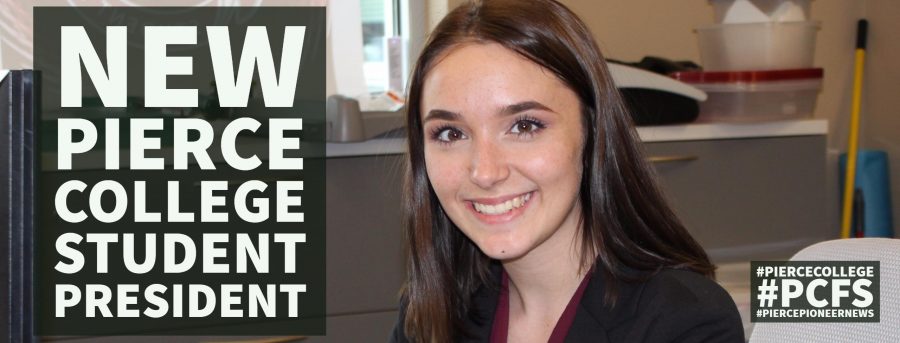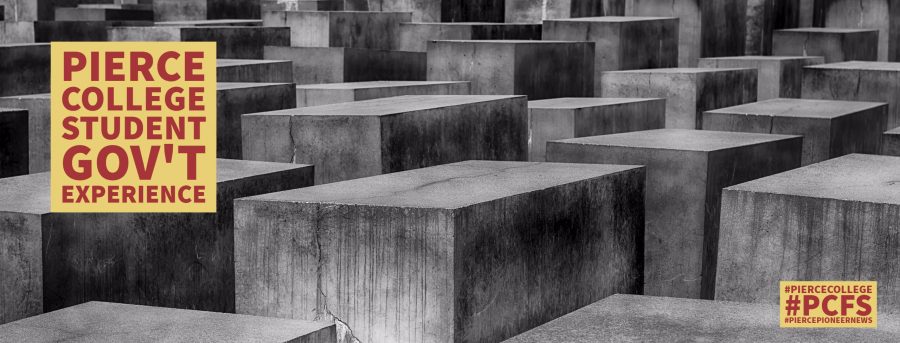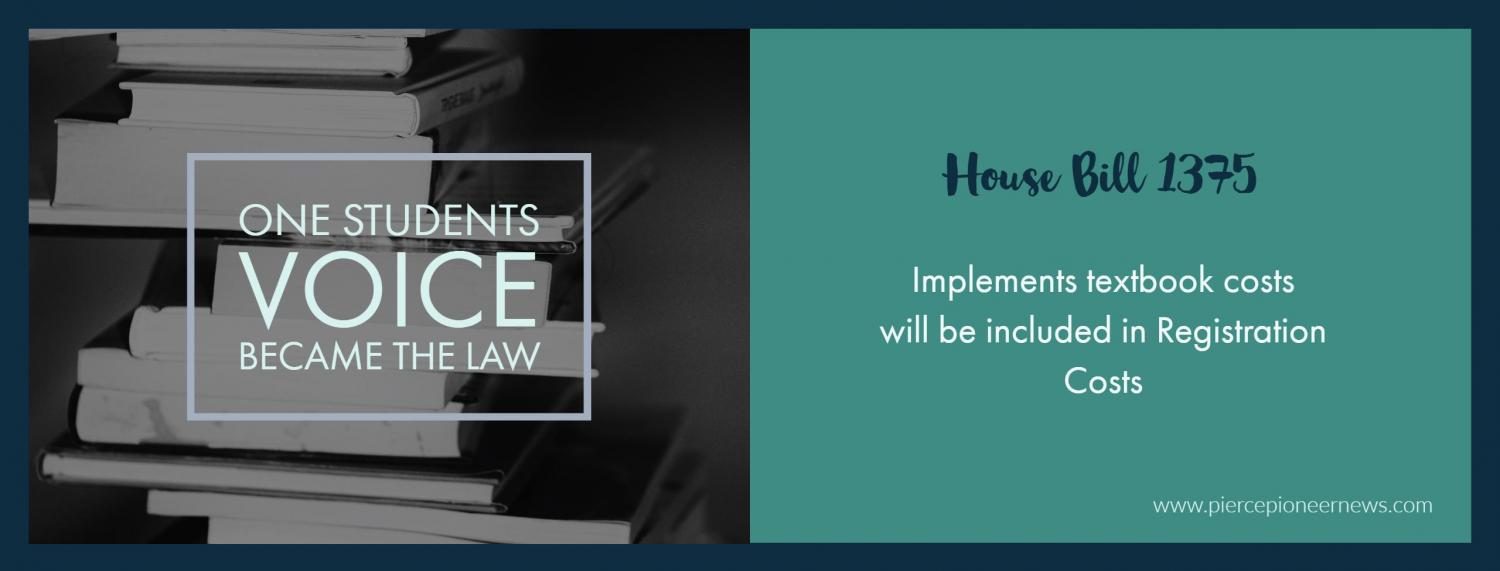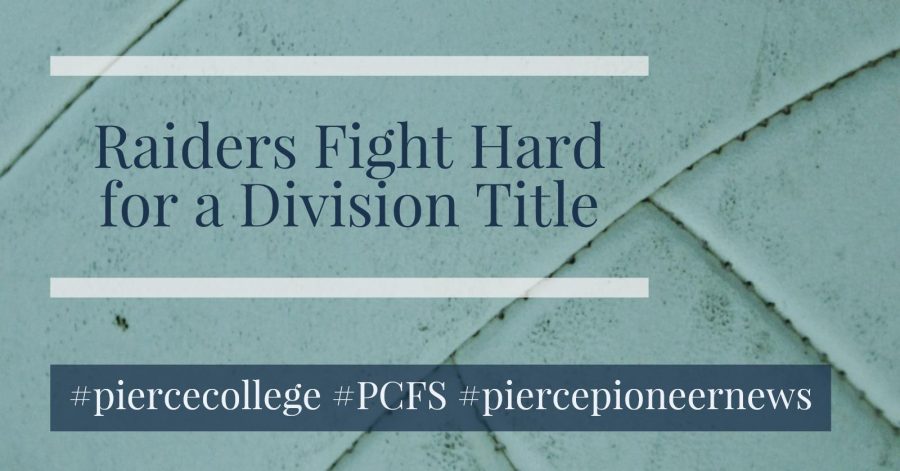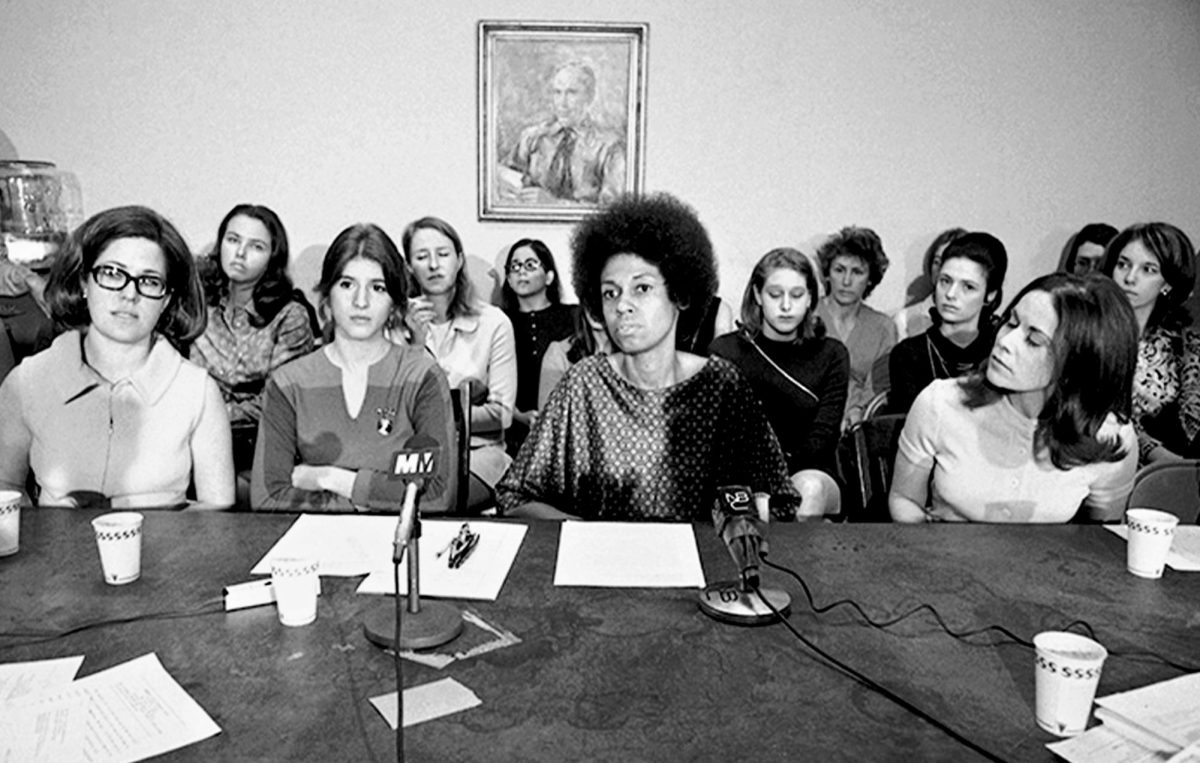 Military service members have a unique experience, one that can be life changing regardless of branch or length of service. The structure of the military imposes a structure on the individual.
Military service members have a unique experience, one that can be life changing regardless of branch or length of service. The structure of the military imposes a structure on the individual.
Upon discharge from service, newly minted Veteran are thrust back into civilian life. Into a system that does not operate in the same manner. This transition can be fraught with hardships and uncertainties. It can leave many Veterans feeling out of place and without direction.
Andrew Pierce, District Manager for Veteran Support Services at Pierce College, is taking a novel approach to providing equity-based support services to ensure Veteran Students are successful during their transition from military service to higher education.
“For myriad reasons, we know that some Veterans have a difficult time seeking resources and asking for help,” stated Pierce, Pierce speaks from a position of familiarity; he is a Veteran himself who transitioned out of the United States Navy and into higher education.
“I understand first-hand the stress and uncertainty that comes with the transition process. You feel like an outsider.”
Data suggests that around half of all recently separated Veterans don’t connect with available resources and benefits for several years, and some only when they are in crisis.
This is the goal at Pierce College, to meet veteran Students where they are, to guide and support them through that transition. Pierce is in the process of developing a peer-mentor program that will pair incoming Veteran students with existing Veteran students. Pierce College Veteran Services will be that next duty station, ready to welcome their fellow Veteran to their next billet.
The Veteran Support office is also focused on hosting event s that highlights the Veteran population on campus including the Veteran Day Celebration.
The goal of the VSO is to build these programs and create an atmosphere where Veterans feel they are an integral part of the community and make Pierce College an invaluable partner to Veterans transitioning out of the military service.

Government Shutdowns and Veteran Students:
During a government shutdown, the Department of Veteran Affairs can face challenges in its operations and services. However, the GI Bill, which provides education benefits to veterans, is an entitlement program, and its funding is separate from the annual appropriations that fund government agencies.
In the past, during government shutdowns, the VA has been able to continue processing benefits because the funding comes from a mandatory source rather than discretionary appropriations. This means that, even when there is a government shutdown, the funds allocated for the GI Bill are not supposed to be directly impacted.
Despite this, there are still some potential disruptions in other services provided by the VA. Services related to disability claims, home loan guarantees and vocational rehabilitation may be affected. It’s important to remember, if government shutdowns become a common tactic in the legislative branch, that this entitlement program isn’t a bottomless pit. Students relying on the GI Bill need to stay informed about updates or changes in services that may occur during a government shutdown.
The VA typically provides information on its website to keep veterans informed about the status of services during such periods. Another aspect that gets overlooked is the active military students at JBLM. Active military students are not protected under the VA umbrella because they are not veterans yet. Their funding for education, housing, disability and more can be interrupted.
Keep in mind that the specific impact of a government shutdown can vary. It’s crucial for our vets using the GI Bill to stay in touch with Veteran Support Services and Recourse Offices as well as the VA regional office for the mots up-to-date information during any period of government shutdown.
Veterans Resource Center: [email protected]

